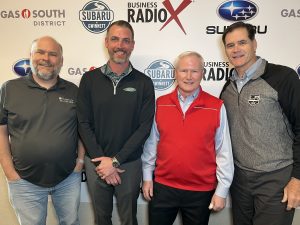
Joe Noonan/Inside Edge Business Consulting
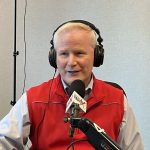 Inside Edge Business Consulting provides a team of experts in sales execution while helping sales professionals reach their potential.
Inside Edge Business Consulting provides a team of experts in sales execution while helping sales professionals reach their potential.
All their Coaches are all top sales producers first, and professional trainers second. Inside Edge takes pride in the fact that they know what it takes to reach the next level in sales and that they know how to relate to and help change the habits of your sales team because they are doing it in their on business… every single day.
Matt Breceda/Country Financial
 As a Financial Advisor of COUNTRY Trust Bank, Matt Breceda can help you create a financial plan so you can achieve financial security through investment management, retirement, trust, and planning services.
As a Financial Advisor of COUNTRY Trust Bank, Matt Breceda can help you create a financial plan so you can achieve financial security through investment management, retirement, trust, and planning services.
As a COUNTRY Financial Insurance Agent he’s also prepared to help you protect the things you love through a wide range of insurance and financial products and services including but not limited to auto, home, life, and farm.
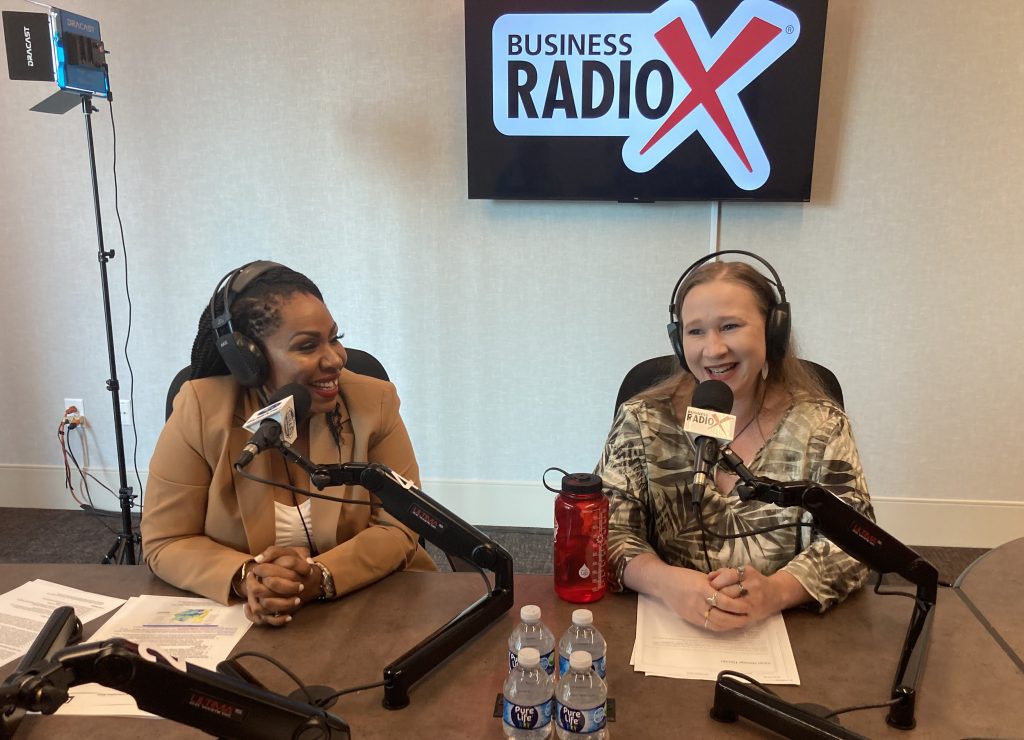

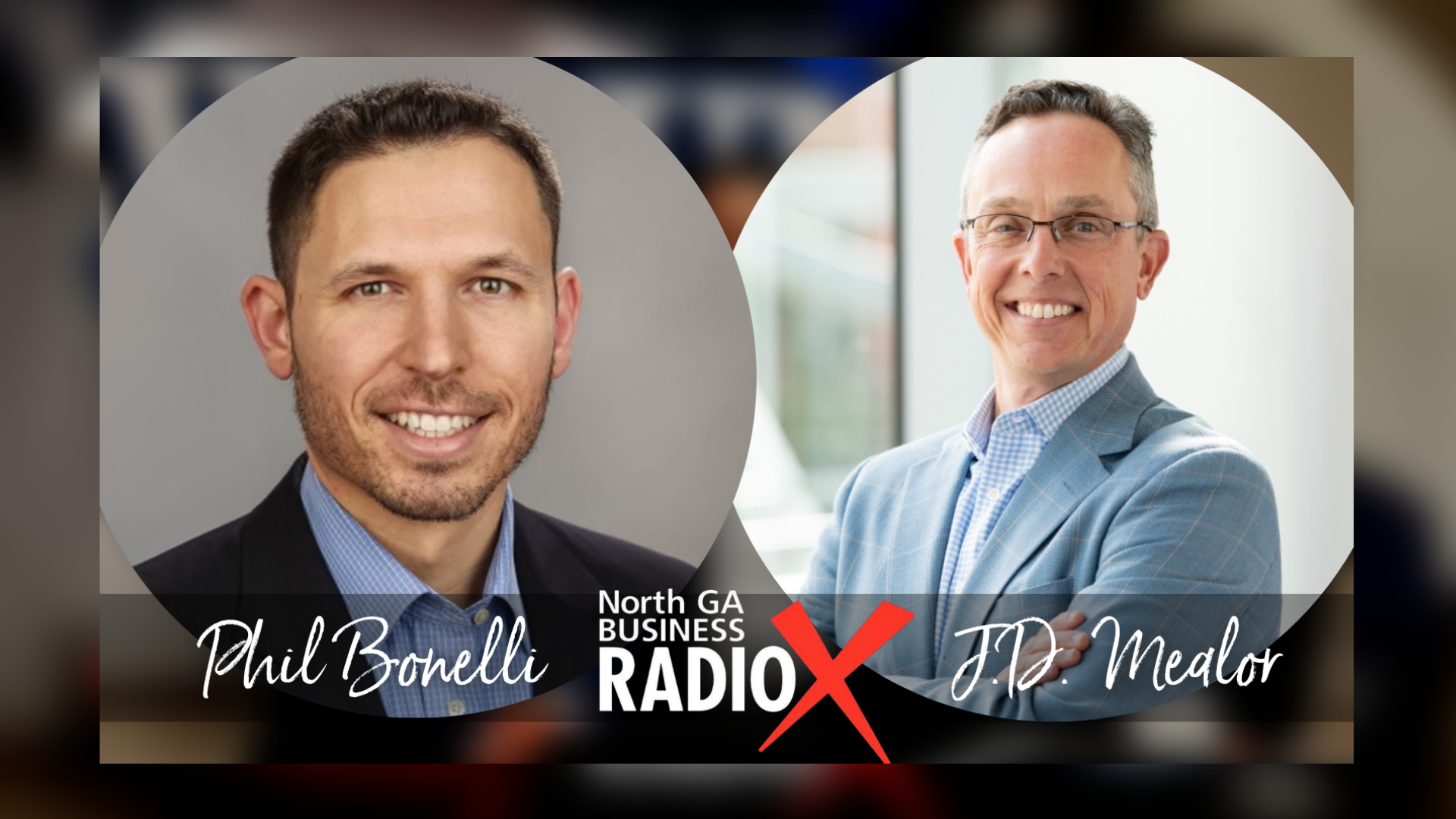

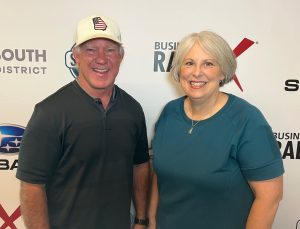
 Ruth King is the founder of
Ruth King is the founder of 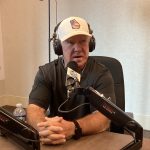
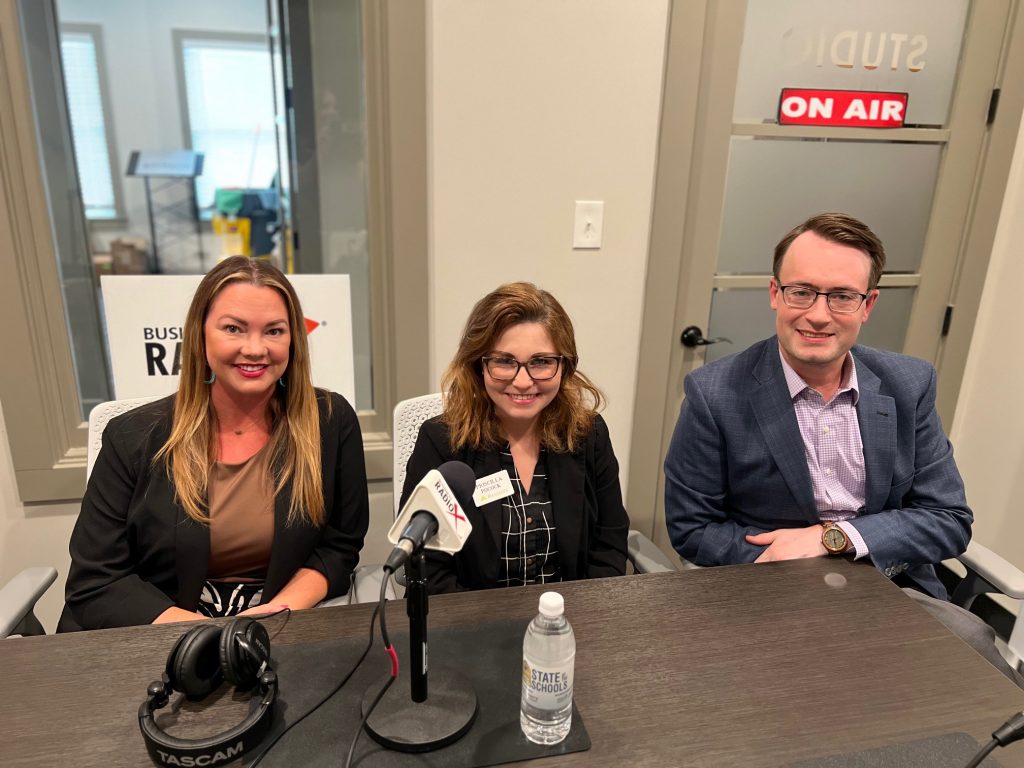
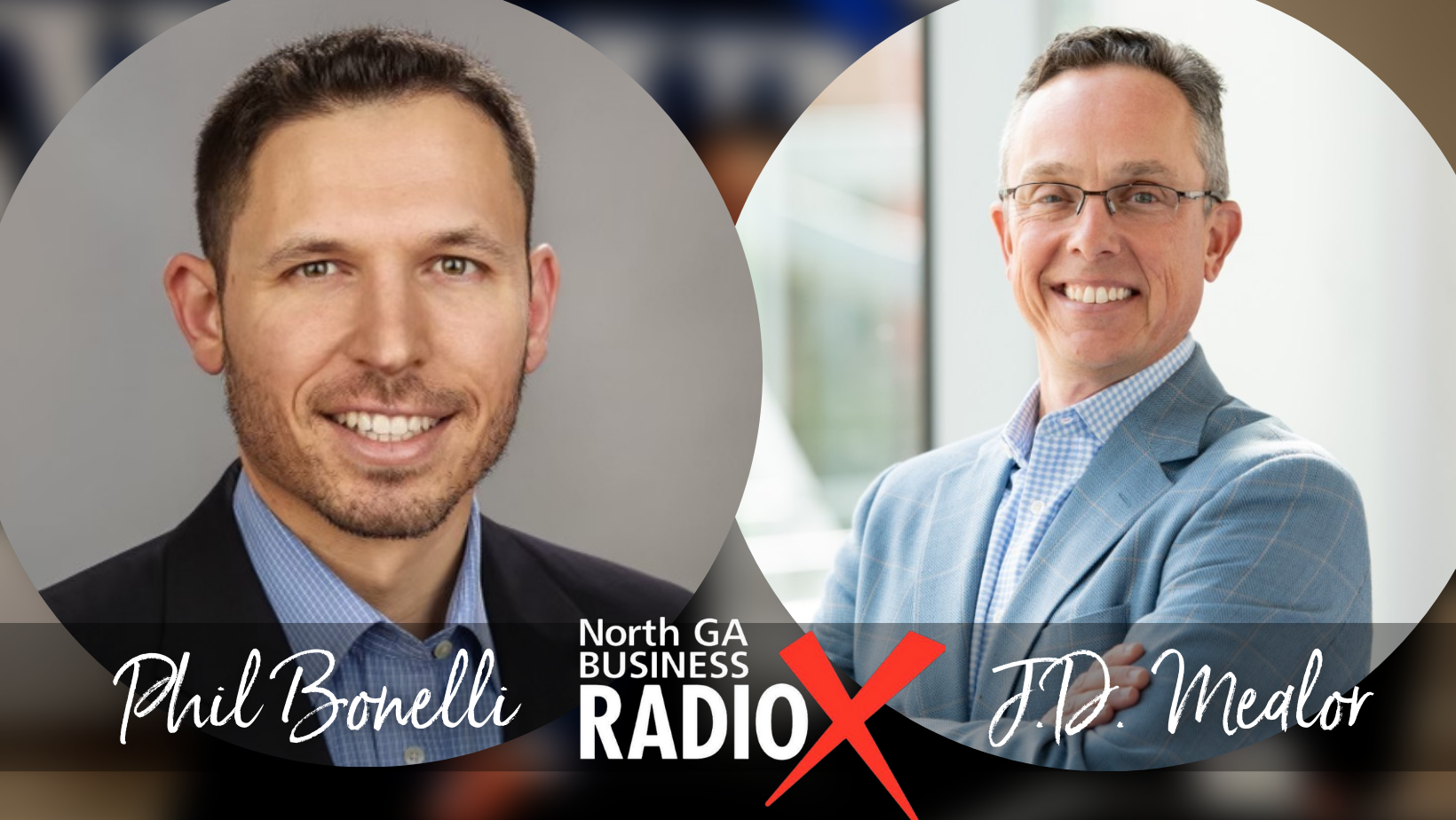
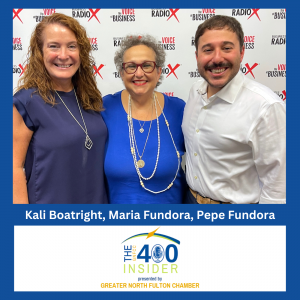



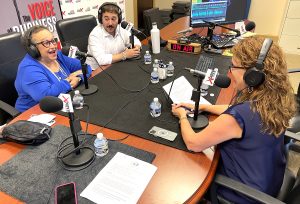

 Rhonda Busnardo has worked in the Food sector most of her career starting off in retail, moving into food and beverage manufacturing and distribution, and currently in the Gaming and Entertainment industry.
Rhonda Busnardo has worked in the Food sector most of her career starting off in retail, moving into food and beverage manufacturing and distribution, and currently in the Gaming and Entertainment industry. Jacqueline Smith has built
Jacqueline Smith has built  Michelle Razavi is the Founder and CEO of
Michelle Razavi is the Founder and CEO of  Dr. Pamela Williamson, President & CEO of
Dr. Pamela Williamson, President & CEO of  With over 20 years in the food business as the proprietor of
With over 20 years in the food business as the proprietor of  Sashee Chandran is founder and CEO of
Sashee Chandran is founder and CEO of 













